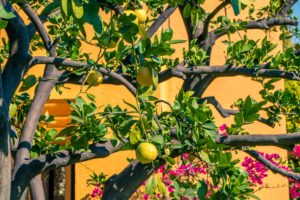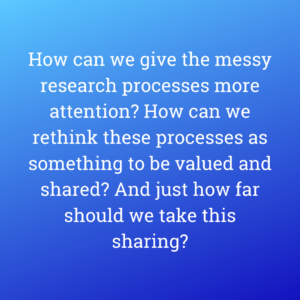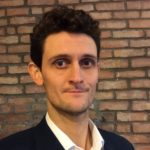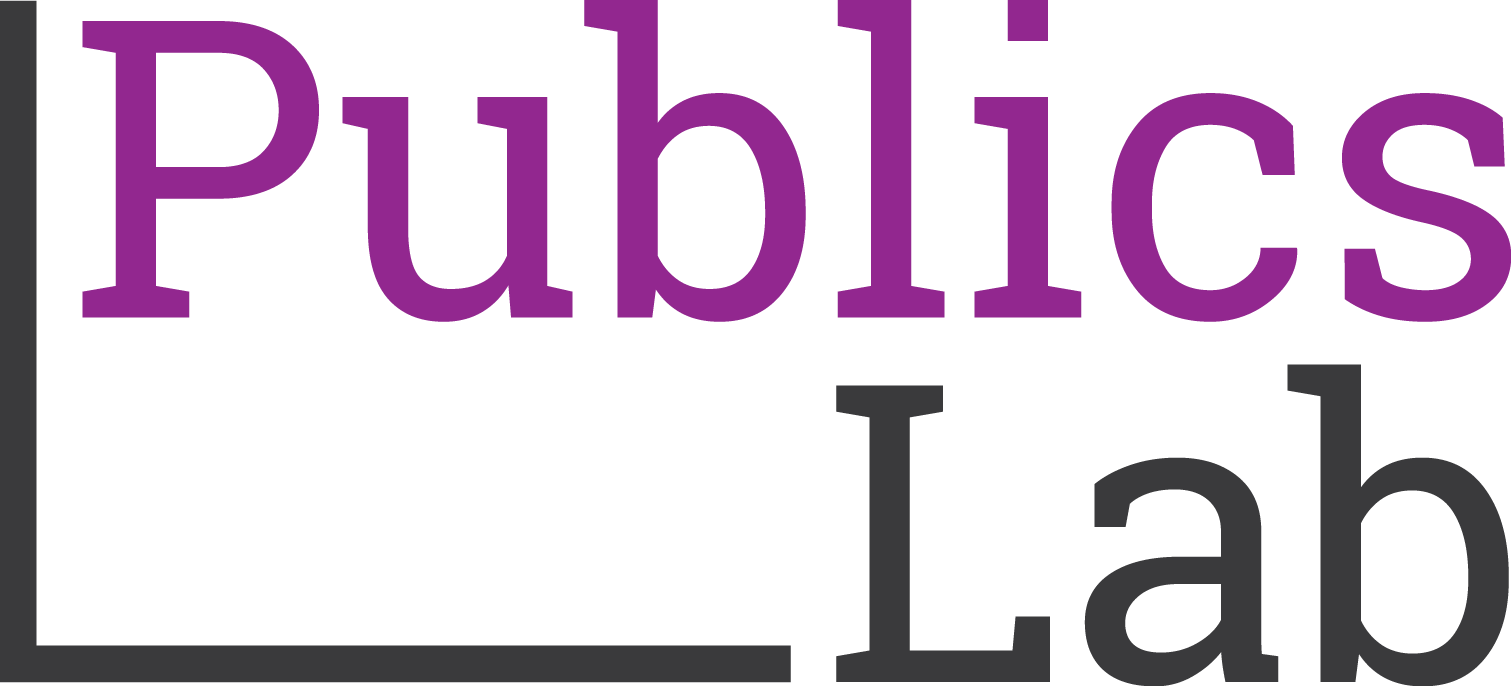
In summer 2019, I made my fourth dissertation research trip to Mexico. Between the first trip in the summer of 2017 and this most recent trip, I have spent about ten months in the country, supported by small grants from The Graduate Center, like the PublicsLab/Early Research Institute award for Interdisciplinary Research in Pursuit of Public Knowledge.
By this fourth trip, I had a good idea of what my field research would involve, and how I could get the most out of my time. At my research site––Cuernavaca, a city of gardens and traffic exhaust––I found a room to rent close to the strip of cafes where the journalists that I interview congregate for coffee, eggs, and WiFi. I knew the first week of outreach would be slow and had a routine ready to get through that. I was prepared for the rush of interview opportunities that would come in my last days in the city. I even had a backup audio recorder, for when my original one finally gave up (the backup recorder died first).
This was my most efficient trip, and yet it was also the trip during which I felt most acutely that I had nothing to show for all this effort. I had plenty of data to analyze, but until the analysis was complete and results had been drafted, I had nothing to share, no sign of how much I had been straining and struggling over this project for two years. At the suggestion of a member of my dissertation committee, I added a “Field Experience” section to the bottom of my CV: three brief, abbreviated lines to show for two years of work.
Academic careers are evaluated by products, not processes. An accomplished doctoral student’s C.V. in my discipline of political science, would boast a couple of single-author, peer-reviewed journal articles, and perhaps a “public-facing” piece for a site like the Monkey Cage in The Washington Post. It would include an external grant or award––maybe a National Science Foundation dissertation grant, or a best student paper at the International Studies Association annual conference. Listed out on a C.V., these products obscure the lengthy processes behind them. They hide the hesitations and uncertainties, the small victories and the slow learning that went into creating the few neat products by which we are evaluated.
How can we give the messy research processes more attention? How can we rethink these processes as something to be valued and shared? And just how far should we take this sharing? Most of the effort and many of the successes of graduate study never make it onto a C.V. A great deal of our labor and our learning falls between the lines of traditional academic resumes. By valuing the processes that thread through academic work, we also value our education as more than just a sequence of neatly packaged products. By sharing our processes, we might also change the terms on which academic careers and contributions are evaluated.
On my first trip, during one of Mexico City’s torrential afternoon storms, I felt a gripping need to start a blog. I don’t really know where the impulse came from, but I lost that entire afternoon setting one up, and then more time poring over the first post. In hindsight, I think even at that early point, I felt the need to look outside of the standard academic channels, to reflect on and record the commencement of a process that I had been eager to start for years.
Two years later, I realize that blog posts and tweets have been keeping a very incomplete record of my research processes all along. Political science writing does not afford much space to narrative. Good research is supposed to abide by the atemporal empirical formula: literature + data + method => inevitable conclusion. My garbled blog posts––along with field notes, journal scrawls, and photographs––turn this formula back into a narrative.
Narrating research also incorporates writing into every stage of the process, rather than treating it as a practice that occurs only after all the data is collected and analyzed. It makes writing itself an ongoing process, rather than a means of packaging up a final product. Last November, I participated in AcWriMo, assembling a group of colleagues to set writing goals, and to publicly hold each other accountable for hitting those goals throughout the month. This proved a great way to celebrate our research and writing processes; to help each other to succeed, and to be open about when we were struggling.
Sharing our processes might help change the way we evaluate academic success, but it is not without its risks. A friend (with outstanding Twitter content) recounted being invited to give a job talk based partly on her social media engagement, and then was criticized during an interview with a senior faculty member for saying too much on social media. These gatekeepers have an interest in hiding the messiness of academic work (and can outsource the messy stuff to assistants and admins). People from groups long excluded from the academy are also judged more harshly for not doing things by the book, or for daring to tell personal stories and narratives. Sharing the process, acknowledging the struggle and mess, is not an instant solution, but it is a small corrective towards a more forgiving, welcoming and perhaps even enjoyable version of academia.
 Philip Luke Johnson is a doctoral candidate in political science at the Graduate Center. He is a writing fellow for the M.A. program in political science at the Graduate Center, and has previously been a writing fellow and adjunct instructor at Hunter College. Johnson’s dissertation project looks at communication practices of organized crime in Mexico, and focuses on the phenomenon of “narco-messaging.” He has spent 10 months conducting research for this project in Mexico. Johnson’s first journal article [universiteitleiden.nl] was published by Perspectives on Terrorism in 2019.
Philip Luke Johnson is a doctoral candidate in political science at the Graduate Center. He is a writing fellow for the M.A. program in political science at the Graduate Center, and has previously been a writing fellow and adjunct instructor at Hunter College. Johnson’s dissertation project looks at communication practices of organized crime in Mexico, and focuses on the phenomenon of “narco-messaging.” He has spent 10 months conducting research for this project in Mexico. Johnson’s first journal article [universiteitleiden.nl] was published by Perspectives on Terrorism in 2019.







